In a broad interview with Kazakh-language newspaper “Ana Tili,” published Thursday, June 25, Kazakh President Kassym-Jomart Tokayev touched upon topical issues pertaining to Kazakhstan’s society, from the government’s response to the ongoing pandemic of COVID-19 to the state language strategy and foreign policy.
Kazakhstan’s early response to the infection crisis and swift measures introducing the state of emergency, strict lockdown for more than 30 days helped the nation’s healthcare system to prevent mass contraction and many deaths. However, like every other state in these challenging times for humanity, Kazakhstan’s actions are being scrutinised by its citizens.
Responding to critics, the President says the pandemic has changed the usual way of life of all humankind, where even the most developed nations, the European countries, the United States, Asian giants – China, Japan, South Korea, and many others found themselves in an extremely difficult situation.
Therefore, an argument that Kazakhstan is losing to the pandemic is not correct, Tokayev says. Indeed, parallel to prompt actions in healthcare and emergency supply and security fields, the country has built three hospitals in the cities of Nur-Sultan, Almaty and Shymkent focusing on infectious diseases; the regions received necessary equipment; the healthcare workers continue to selflessly fight the pandemic day and night. Up to date, the number of COVID-19 patients in Kazakhstan reached 20,000 people.
Also Read: Sheikh Muhammad Amin al-Husseini: The Palestinian Mufti in Indonesia’s Independence History
Mentioning that the disease does not recognise borders and any country might be affected regardless of the origins of disease, the President urged the citizens to take care of loved ones and follow social distancing rules and to carefully consider sanitary and hygienic requirements while the country is going through this passing phenomenon.
The world has changed and the globalisation has lost ground in favor of self-isolation and self-survival of states. As President Tokayev predicted in 2008, in politics, we are witnessing an increased demand for nationalism both in domestic policies and international relations, and the voice of the United Nations, a unique international organisation that consolidates everyone, sounds weaker as an uncontested, unique international organization.
“Confrontation between the major powers is escalating, regional conflicts are escalating, and for Kazakhstan, this is an unfavorable trend,” underlines Kassym-Jomart Tokayev.
Although Kazakhstan has consistently demonstrated its peacefulness and readiness to make a constructive contribution to global and regional security as the leader of the anti-nuclear movement, a strong supporter of general disarmament, the country’s economy suffers from sanctions and political confrontation.
Also Read: Celebrating 200th Java War: Novelty Spirit of 2013 Memory of The World
The outcome of hard work on international and regional cooperation, the delimitation of borders with Russia, China, and the states of Central Asia is paying back today when the lack of agreements on the borders can lead to irreparable consequences.
Tokayev calls it Kazakhstan’s distinctive style in international diplomacy paved by the founder of the nation, First President Nursultan Nazarbayev, who strongly relied on a multi-vector, balanced foreign policy with an emphasis on strategic partnership, cooperation with Russia and regional integration.
As the changes in politics are always ongoing, he pressed that the country will take care of its national interests and as he stated during the EAEU summit on May 19, any integration will be supported until it does not harm the sovereignty of Kazakhstan.
Considering the aspirations for regional cooperation, President Tokayev stated that in Central Asia, Kazakhstan and Uzbekistan are the leading states, and any large-scale cooperation may not exclude economic competition. “Kazakhstan is obliged to maintain its leading position.”
Also Read: History, Islam, and the Culture of the Kazakhstan: Abai as a National Inspiration
On the other hand, in their daily culture and rich traditions, the people of Kazakhstan are known for their generosity, patience and compassion, and the ability to perceive the universe with a truly broad philosophical view. Yet, Kazakhs know well of their own shortcomings well-reflected in the immortal creation of Abai, “The book of words.”
President Tokayev believes the nation should challenge itself and fundamentally revise its entrenched view of labour and hard workers. The state awards (“People’s gratitude” and “The Labour Glory”) are aimed to celebrate the ordinary workers, help to cultivate great respect to working people so that the young generation of Kazakhs understand that public recognition can be achieved not only at prestigious positions, but also with simple labour.
On the other hand, there are issues in the labour market pending a solution. The country has 2 million self-employed, and rather large unemployment. President underlined that the employment map, which he personally instructed the government, allocated 1 trillion tenges to solve this issue.
In support of the issue, Tokayev also addressed the subject of holding large banquets and weddings – a heavily criticised yet long-present tradition that must step down in the technological era.
Also Read: Boycotting Israeli-Affiliated Products: A Moral Stance and a Form of Supporting Justice
“The era of self-survival of states has come, and labour as a way of life should come to the fore. Feasting time is running out. The time is coming for a reason, science, knowledge, labour,” he stressed.
In this regard, he also responded to criticisms of the law on peaceful assemblies and rallies adopted by the Parliament, calling it “a big step forward in promoting democracy in our country”.
The amendments prescribe that to hold peaceful assemblies, it is now only necessary to give a five-day notice to local authorities without asking them for permission. Special places will be allocated for the organisation of such meetings. The rally organisers are required not to disturb the public order and peace of citizens, not to come up with unconstitutional slogans, and not incite ethnic and social discord.
According to the President, the criticism of the new law in part of lacking a full permissiveness is unjustified, while the demand to allow the foreigners and minors to such rallies is outrageous.
Also Read: 77 Years Since Nakba, Palestinian Population Grows Tenfold
Kassym-Jomart Tokayev believes that the state must hear the demand of the society, create social lifts for youth, and employ in a smart way its financial and legal capabilities to offer a solution.
Trallies that may be imposed by slogans from the outside put the country at a disadvantage in the international arena, where serious competition at the regional level is escalating. Kazakhstan must preserve the stability to ensure development, and the “stability should not be ensured by power structures, but first of all by the population itself.”
Same self-regulation and far-sightedness are needed in approaching language politics in Kazakhstan, stated Tokayev. In the last three decades, the Kazakh language, spoken by Kazakhs who at a certain point of history during the Soviet Union became a minority population grew, became the state language and continues to enlarge its areas of use.
The linguistic problem, as Tokayev observes, has great political significance and, if improperly handled, can lead to irreparable consequences for the statehood and security of citizens of the country.
Also Read: Indonesia Must Do More Than Evacuate, Gaza Needs Us to Act Now
An attempt to forcibly expand the range of its use may be counterproductive since it can provoke a destabilisation of interethnic relations so one should take into account the geopolitical background and remember that geography is an important factor in politics.
Demography is developing in favor of the Kazakh language, which means the goal will be certainly achieved. So, Kazakhstan will continue to develop the use of the Kazakh language and strive to make the Kazakh language prestigious and in demand in society. For instance, when appointing to government posts, especially those associated with public communications, preference should be given to those who, along with professional qualities, are fluent in Kazakh.
Secondly, the society should support and encourage representatives of other ethnic groups who are fluent in the Kazakh language. President Tokayev calls to demonstrate tolerance and understanding to those who make mistakes when using the Kazakh language.
Also, the content of television and radio broadcasts needs improvement and must become the centre of gravity of public opinion that serves the national idea that appeals to the root sources of the nation’s being. The same can be said about modern cinema that should produce quality products on both historical and modern issues.
Also Read: The Recitation of Surah Al-Isra from Jakarta for Palestine
Certainly, the focus on the Kazakh language shall not infringe the status of the Russian language. The President is willing to support the policy when the population of Kazakhstan speaks fluently both languages, where English is taught beginning from grades 5-6.
The President especially stressed that in these attempts to progressively implement the linguistic policy, preserve social stability and cultivate a new ideology of hard work and civil responsibility, the role of intelligence is crucial. He called on leaders of public opinion, writers, and academia to actively participate in contemporary events, pass on their life experience to the youth, acting as a kind of guidebook. The guidance of moral authorities is particularly relevant in the era of cutting-edge technologies, robots, artificial intelligence. Indeed, President underlined that without guidelines, national values, the works of great writers may lose their relevance.
Examining one year of his presidency, Kassym-Jomart Tokayev said it was a time of overcoming difficult trials. However, the support of fellow citizens helped the ultimate success of complex government tasks. “This policy will be continued, I have ideas about the further modernisation of our country,” he assured.
He concluded by saying that the country is witnessing the times when there is no right to make mistakes. Tokayev expects that the people of Kazakhstan must move the nation ahead to avoid stagnation and always rely on each other as the future of the country is exclusively in hands of its people.(R/R1/RE1)
Also Read: The Importance of Environmental Awareness in Da’wah
Mi’raj News Agency (MINA)





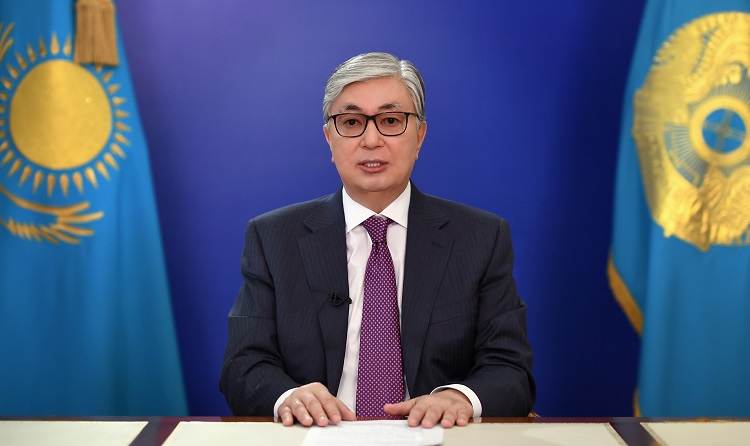

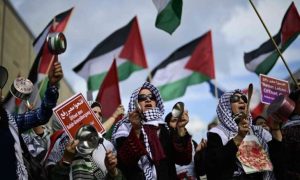
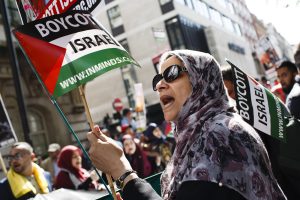
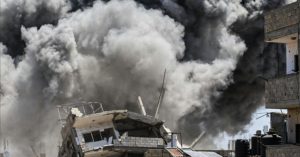
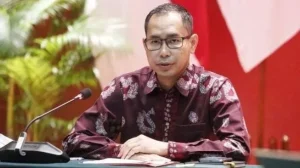

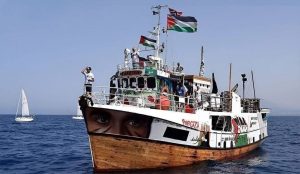
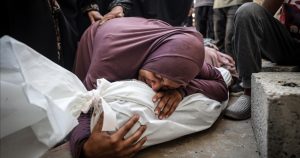
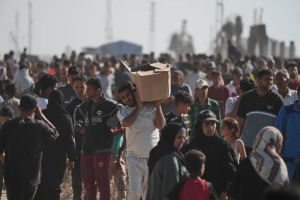
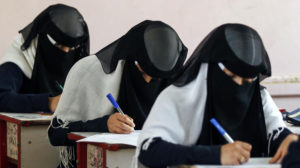
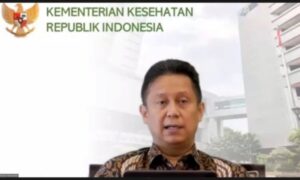
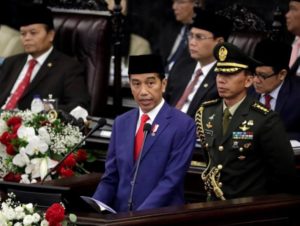
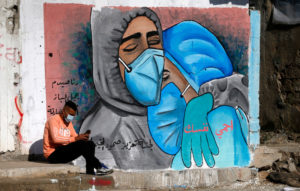
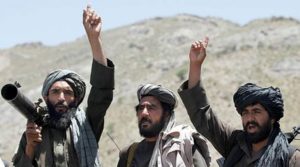



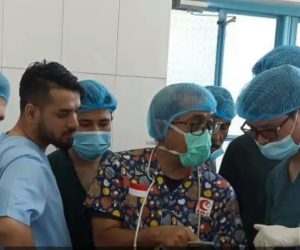
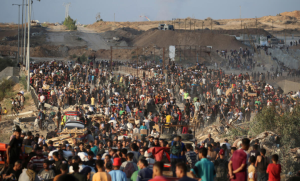
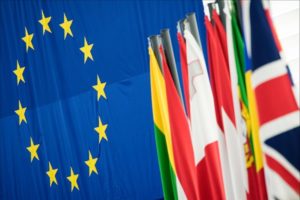

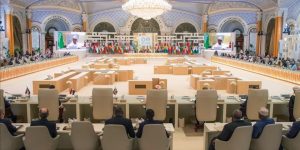
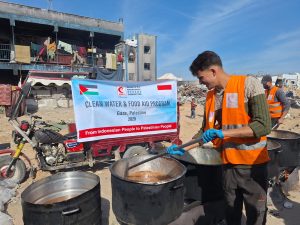
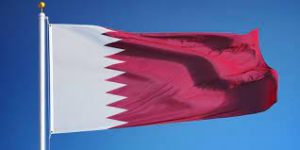
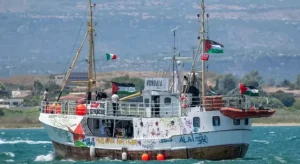



 Mina Indonesia
Mina Indonesia Mina Arabic
Mina Arabic